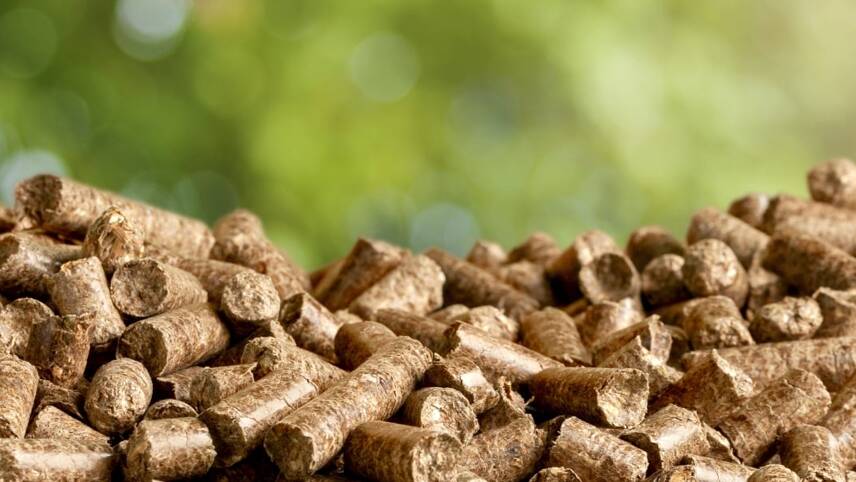You’ve reached your limit!
To continue enjoying Utility Week Innovate, brought to you in association with Utility Week Live or gain unlimited Utility Week site access choose the option that applies to you below:
Register to access Utility Week Innovate
- Get the latest insight on frontline business challenges
- Receive specialist sector newsletters to keep you informed
- Access our Utility Week Innovate content for free
- Join us in bringing collaborative innovation to life at Utility Week Live

The government has allocated £37 million to innovation projects to increase the production of sustainable biomass feedstocks and produce hydrogen using bioenergy with carbon capture and storage (BECCS).
The funding, announced on Thursday (4 August), is part of the government’s £1 billion Net Zero Innovation Portfolio.
The Department for Business, Energy and Industrial Strategy (BEIS) has granted £32 million to 12 projects for phase two of the Biomass Feedstocks Innovation Programme.
It includes more than £2 million allocated to Aberystwyth University in Wales to accelerate the breeding of high-yielding and resilience miscanthus, also known as elephant grass, and over £2.8 million allocated to SeaGrown in Scarborough to develop new techniques to farm and harvest seaweed.
In phase one of the programme, BEIS awarded £4 million to 25 projects to develop detailed plans for demonstrating their ideas. They were subsequently able to bid for grants of up to £4 million each, or £5 million for multi-site projects, to put these plans into action.
The funding announced on Thursday represents an increase over the £26 million that BEIS had previously stated would be available for phase two of the programme in December.
Meanwhile, the 22 winners of the first stage of the government’s Hydrogen BECCS Innovation Programme have been awarded a total of £5 million to develop techniques to produce hydrogen from sustainable biomass and waste.
They include the University of Aberdeen in Scotland, which will receive more than £220,000 to develop an innovative process to obtain hydrogen from the organic matter present in different types of waste, and 17 Cicada in Stevenage, which will receive around £237,000 to develop a technology to produce hydrogen from bacteria.
The winners will be able to apply for further funding carry out demonstrations in phase two.
BEIS said producing hydrogen using BECCS offers the ability permanently remove from the atmosphere the carbon dioxide that was absorbed during the growth of the biomass feedstock.
Energy minister Greg Hands said: “Accelerating home-grown renewables like biomass is a key part of ending our dependency on expensive and volatile fossil fuels.
“This £37 million of government investment will support innovation across the UK, boosting jobs whilst ensuring greater energy security for years to come.”
Please login or Register to leave a comment.